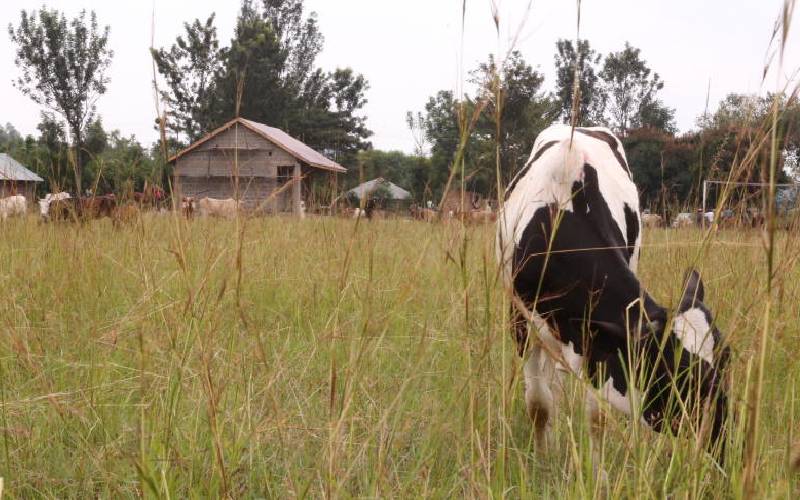×
The Standard e-Paper
Home To Bold Columnists

The Maasai community is slowly adapting to a new way of life dictated by Covid-19 as their ancient ways continue to diminish.
Joseph ole Mpatai, an elder from the pastoral community at the foot of Chyullu ranges in Kajado County, says even though a majority of the people are trying to cope with the new normal, most of their cultural practices have come to a halt.